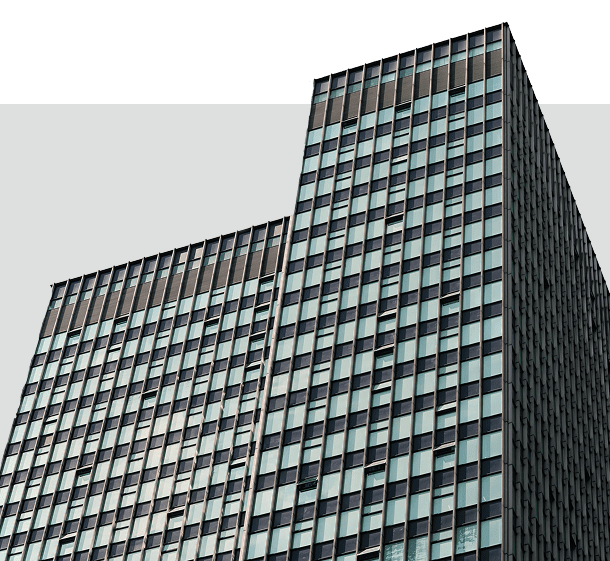Heating, Ventilation, and Air Conditioning—commonly known as HVAC—is a critical component of modern construction, designed to maintain year-round indoor comfort and optimal air quality. Whether it’s a residential flat or a large commercial complex, HVAC systems are responsible for regulating temperature, controlling humidity, and ensuring continuous airflow and ventilation. These systems comprise a network of components such as furnaces, air conditioners, ductwork, thermostats, and air filters, all working together to provide a balanced and energy-efficient environment. In India’s diverse climate, HVAC systems come in multiple forms tailored to specific needs. The most common type, Split AC, is widely used in homes and small offices due to its ease of installation and cost-effectiveness. For larger buildings like hotels and corporate spaces, advanced systems such as VRF/VRV offer high energy efficiency and room-wise control. Ductable AC units are preferred for open-plan areas like showrooms and banquet halls, while Central AC systems, especially chiller-based ones, are ideal for malls, hospitals, and airports that require consistent temperature control over vast spaces.
Each HVAC setup comprises several key parts: the furnace generates heat using fuel; the central AC unit cools air via a compressor-condenser and evaporator coil setup; the heat pump works for both heating and cooling by reversing its cycle; air handlers distribute conditioned air; and a well-laid ductwork system ensures efficient airflow. Thermostats act as control centers, while air filters and vents maintain indoor air quality by trapping dust and allowing proper air circulation. HVAC systems are used across a wide spectrum of environments, including homes, offices, malls, hospitals, data centers, and even parking garages, ensuring specific climate and ventilation needs are met. Maintenance plays a vital role in sustaining HVAC efficiency—neglect leads to high energy bills and equipment failure. Regular filter replacement, scheduled maintenance, duct cleaning, and keeping outdoor units unobstructed can prolong lifespan and maintain performance.
Choosing the right HVAC system depends on various factors such as local climate, building size, noise preferences, and energy efficiency requirements. Consulting HVAC professionals ensures correct sizing, installation, and long-term operational savings. Central HVAC systems offer clear benefits like uniform temperature control, better air quality, and lower indoor noise but may involve higher upfront costs and more complex maintenance in older structures. HVAC’s main edge over alternatives like standalone coolers or purifiers is its comprehensive functionality—covering heating, cooling, and ventilation in one integrated system. However, India’s climate poses unique challenges: intense heat in the north, coastal humidity, urban dust and pollution, and frequent power fluctuations. These conditions demand HVAC systems that are not only durable and energy-efficient but also adaptable and service-friendly. As construction technology continues to evolve in India, HVAC remains a foundational pillar, shaping the comfort and sustainability of built environments across the country.

